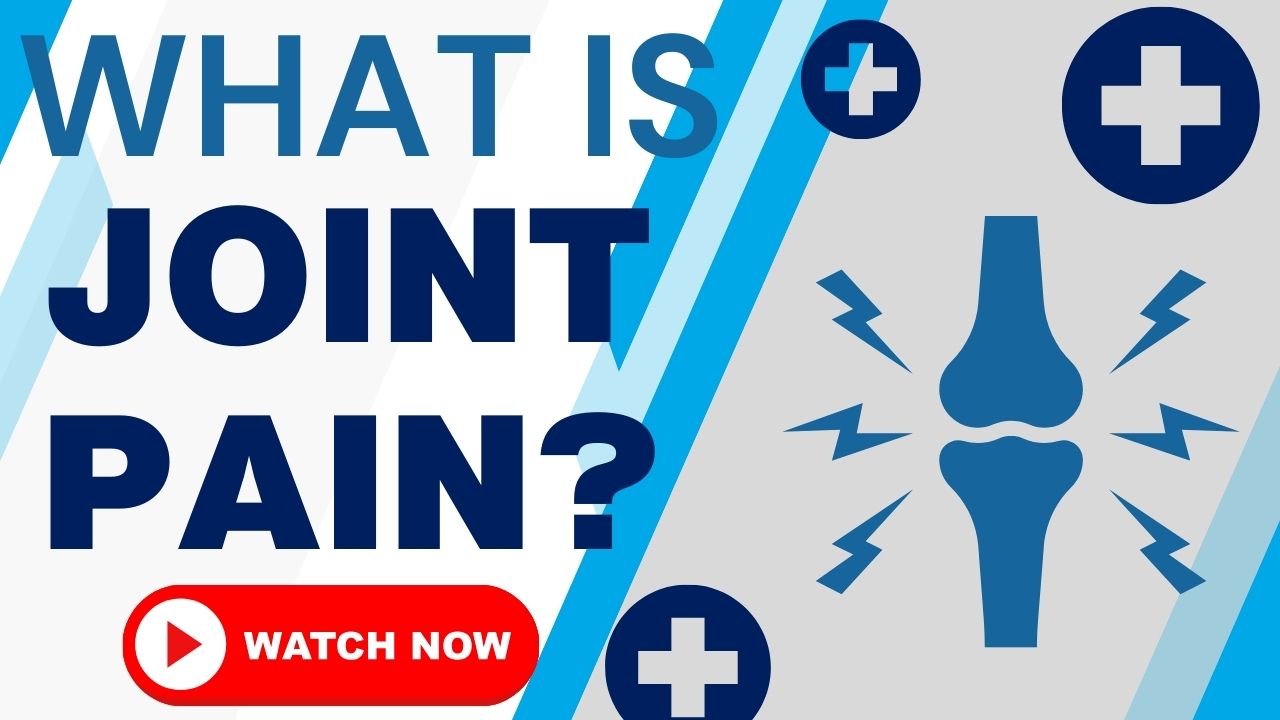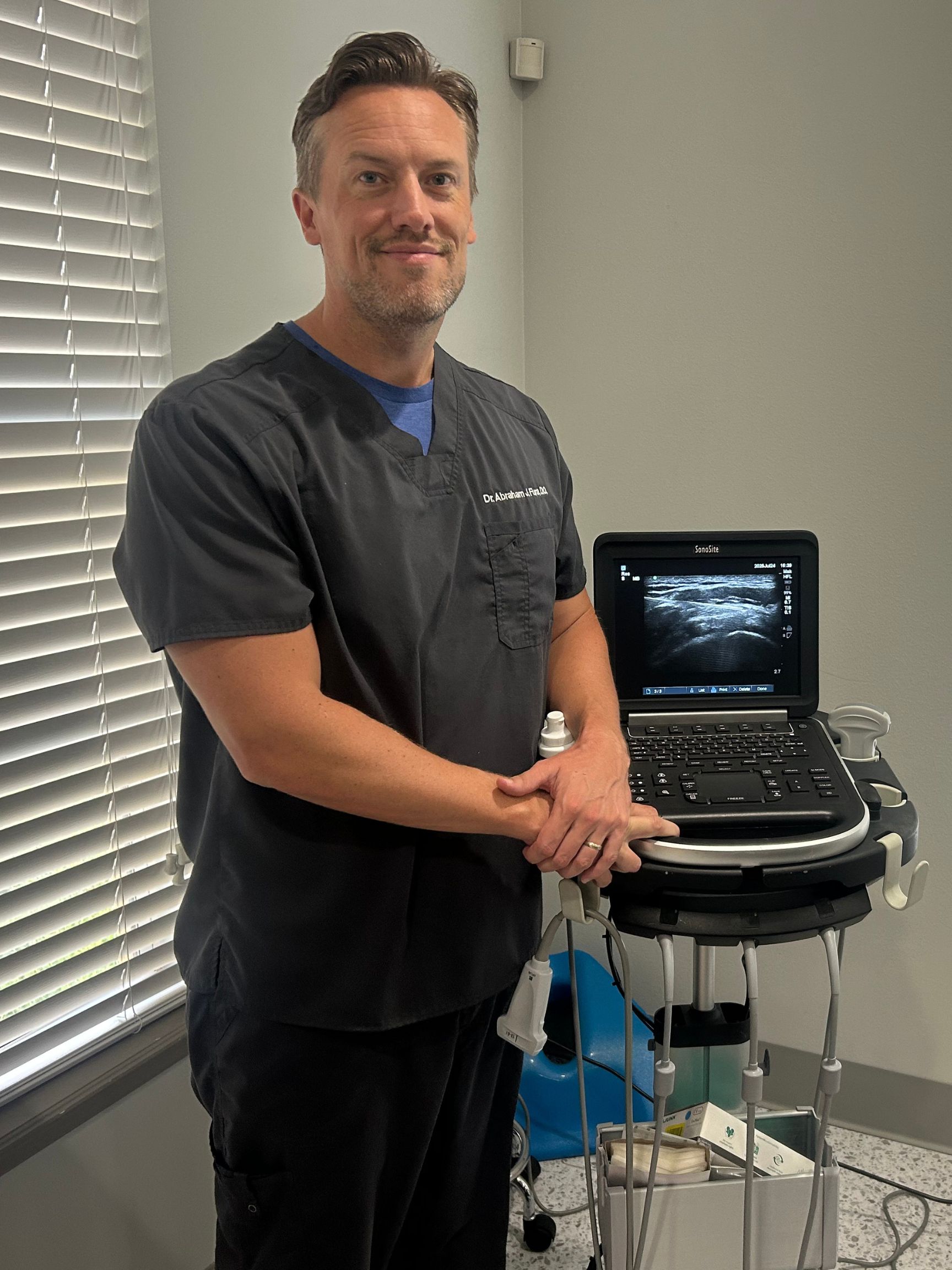
CONDITION OVERVIEW
Shoulder pain is one of the most common musculoskeletal complaints, affecting people of all ages. The shoulder joint, being the most mobile joint in the body, is uniquely susceptible to a wide range of injuries and conditions. From rotator cuff tears and bursitis to arthritis and instability, shoulder pain can significantly limit your ability to perform daily tasks and enjoy activities. At Spine and Nerve Center Riverview, we offer comprehensive diagnostic evaluations and cutting-edge treatments ranging from targeted injections to regenerative medicine, helping you return to the activities you love without surgery.

ROOT CAUSES
Shoulder pain can arise from various conditions affecting the bones, cartilage, ligaments, tendons (like the rotator cuff), or fluid-filled sacs (bursae) around the joint. Understanding the specific cause is essential for effective treatment.
Tears, tendinitis, or impingement of the rotator cuff tendons are the most frequent causes of shoulder pain, often from overuse or acute injury.
Inflammation of the bursa (bursitis) or 'pinching' of tendons between bones (impingement syndrome) causes pain with overhead activities.
Osteoarthritis or rheumatoid arthritis can cause progressive cartilage wear, leading to deep, aching pain, stiffness, and reduced range of motion.
The shoulder joint can become 'loose' or dislocate, leading to recurrent pain and a feeling of instability, often stemming from a prior injury.

RECOGNIZING THE SIGNS
Shoulder pain symptoms vary depending on the underlying cause but often include several characteristic signs that indicate the need for professional evaluation.
Aching pain, especially at night or when lifting the arm. Stiffness that limits your range of motion, like reaching overhead.
Audible clicking, popping, or grinding sensations (crepitus) when moving the shoulder, indicating potential cartilage or tendon issues.
Feeling like the shoulder might "slip out" of the socket, or noticeable weakness when lifting or carrying objects.
Inability to raise your arm overhead, reach behind your back, or perform daily tasks like dressing or combing hair.
The shoulder feels warm to touch and may appear red, indicating active inflammation or infection requiring prompt attention.
Pain that gradually increases over time, worsens with activity, or doesn't respond to rest and over-the-counter medications.
Don't let shoulder pain keep you from enjoying life's activities. Whether you're dealing with arthritis, rotator cuff injuries, or chronic pain, our advanced treatments can help you get back to your life. Schedule your consultation with Dr. Fura today for a personalized treatment plan.